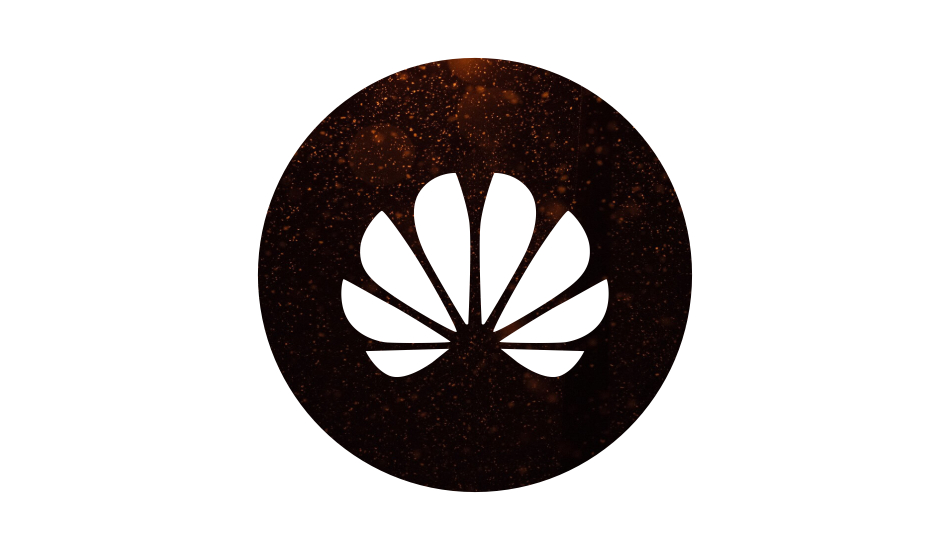At its Developer Conference today, Huawei launched the HarmonyOS – a new distributed Open-source operating system designed for all kinds of smart devices. The company aims to establish an integrated and shared ecosystem across devices in different scenarios.
HarmonyOS will be based on a new microkernel architecture with distributed virtual bus technology. The OS will be able to offer a shared communications platform which will employ distributed data management, task scheduling and virtual peripherals. Developers will have to individually deal with technology when making apps as the Apps built on HarmonyOS will be able to run on different devices.
The new Huawei OS features a Deterministic Latency Engine for setting task priorities and high-performance Inter-Process Communication (IPC) for up to five times more efficiency. HarmonyOS’s new microkernel design equips mutual security protection and simplifies kernel function to reduce the response latency of apps by 25.7 percent.
The new design uses formal verification methods to reshape security and trustworthiness from the ground up in a Trusted Execution Environment (TEE). The OS uses less code to increase security and is powered by a multi-device IDE, multi-language unified compilation, and a distributed architecture kit.
With HarmonyOS, developers will be able to build apps that run on multiple devices and would thus only need to code their apps once. It uses a Huawei Ark Compiler that can perform on par with Android’s virtual machine and will allow developers to compile a broad range of advanced languages into machine code.
Huawei has disclosed that HarmonyOS 1.0 will be first adopted in its smart screen products later this year. The company will later optimise and adopt the OS for wearables, TVs, in-vehicle systems and smart speakers. Huawei will base HarmonyOS to expand a dynamic ecosystem across several platforms. The company will establish an open-source foundation and community.
Speaking about the announcement, Huawei Consumer Business Group CEO, Richard Yu said “We’re entering a day and age where people expect a holistic intelligent experience across all devices and scenarios. We needed an OS that supports all scenarios, that can be used across a broad range of devices and platforms, and that can meet consumer demand for low latency and strong security”.
Yu added “These were our goals with HarmonyOS,” he continued. “HarmonyOS is completely different from Android and iOS. It is a microkernel-based, distributed OS that delivers a smooth experience across all scenarios. It has a trustworthy and secure architecture, and it supports seamless collaboration across devices. You can develop your apps once, then flexibly deploy them across a range of different devices”.


